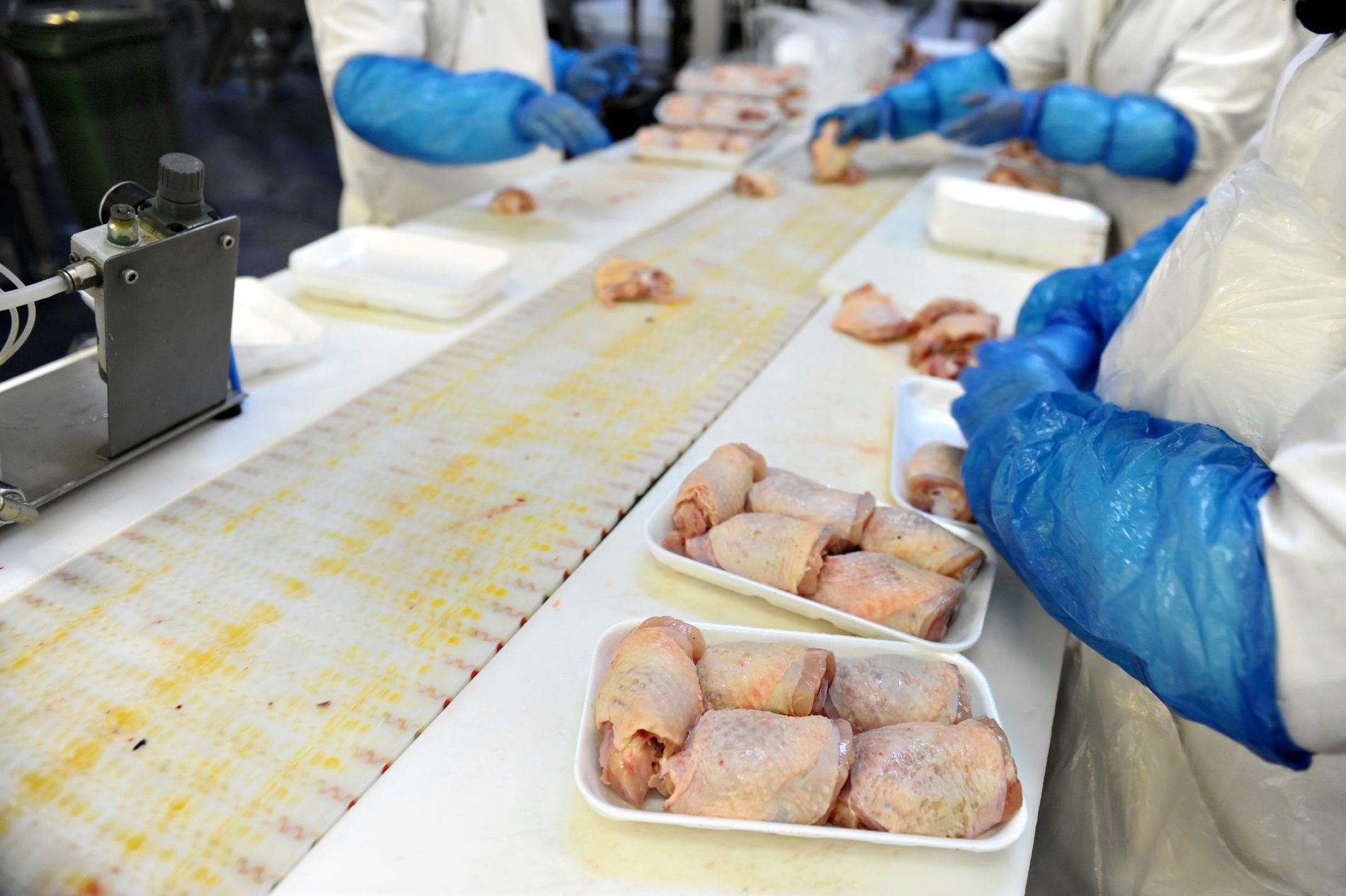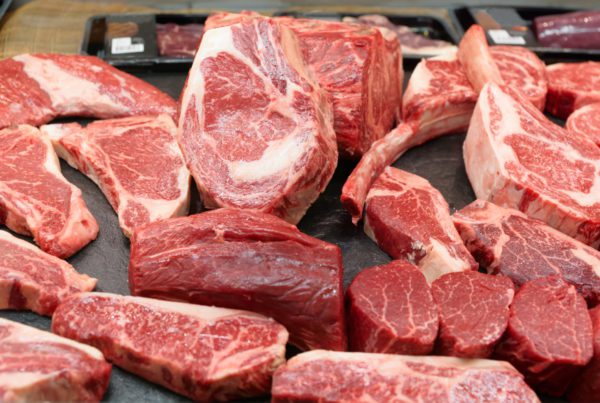Coronavirus spread quickly through workers at meatpacking plants, causing entire factories to shut down which crippled the meat supply chain and caused prices to skyrocket. The bulk of the meat sector is controlled by only a handful of companies that are running enormous factories. These large plants buy up herds, process, package, and transport the meat to grocery stores around the country, and often ship export meat overseas. Because the workers at these factories are often close together, without enough space to socially distance, sickness and disease can spread through the packers much the same as it moves through a herd, leading the factory to completely shut down, which is exactly what we’re seeing.
If slaughterhouses close, farmers and ranchers have no place to sell their meat. Fewer options to sell means processors can control prices and manage expenses as options are limited. There are not many small or mid-size options to divert the meat that can’t be sold when the large factories are shut down, which is what we’re currently seeing in the market. Currently, twelve large factories manage 52% of all cattle, pork, and chicken packaging in the United States. If those twelve factories close, there’s very little available to pick up the slack and buy the excess herd to process, which leads ranchers and farmers to cull their own stock. Keeping a herd fed and healthy is often too expensive to maintain while farmers wait for packing plants to reopen.
In a perfect world, there would be a series of smaller secondary packing plants that could pick up the slack and buy up the herds that have no place to go when large facilities are shut down. While this would still lead to pricing issues and transportation conundrums, they would keep the meat supply flowing, unlike the stoppage that’s occurring now.
Breaking up large plants is a costly endeavor and even small slaughterhouses are difficult to open as permits, community approval and acceptance are difficult in many areas. Smaller houses are also more expensive and pay less as they don’t have the efficiency and economy of scale that large factories offer, but it’s those large factories that cause major disruptions in the food supply chain when an outbreak happens on their line.
Regardless of plant location, Commodity Forwarders has built out a robust, domestic trucking network that can reach plants anywhere in the United States to collect chilled or frozen beef for transit by air or sea. Our offices and agents in key gateway cities such as Chicago and Dallas offer ready access for beef processed anywhere in the Midwestern US. For more information about how CFI can get your beef to the nearest airport and seaport to buyers overseas, contact us today.



